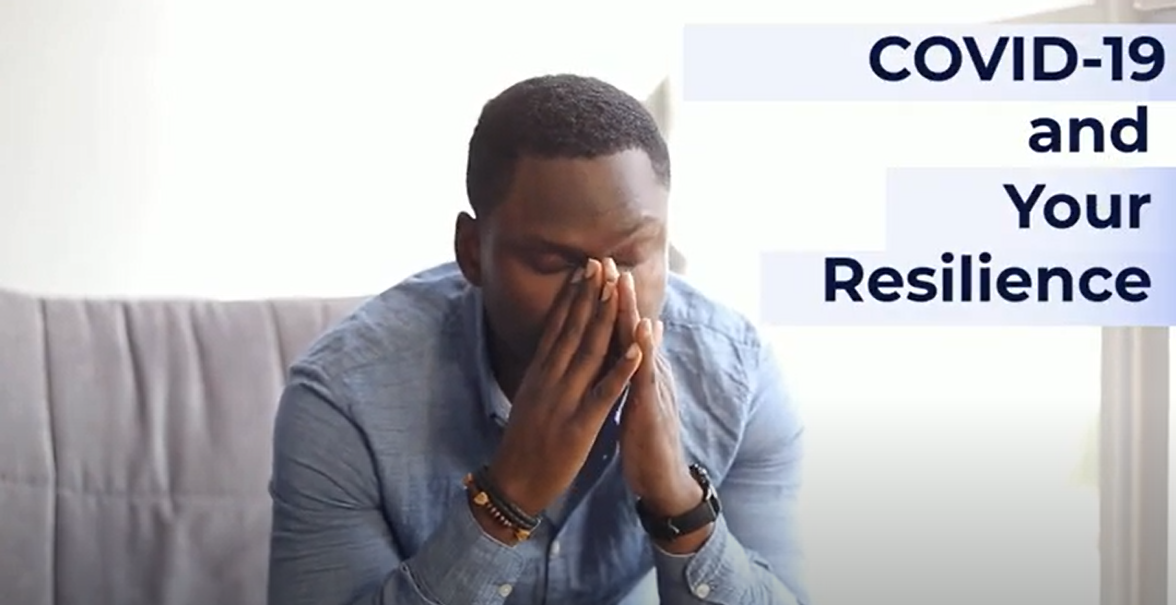
Advancing the Response to COVID-19

Read the latest blog post in the US Department of Health and Human Services Office of Minority Health's (OMH) new Health Equity Series. Click HERE to read more.
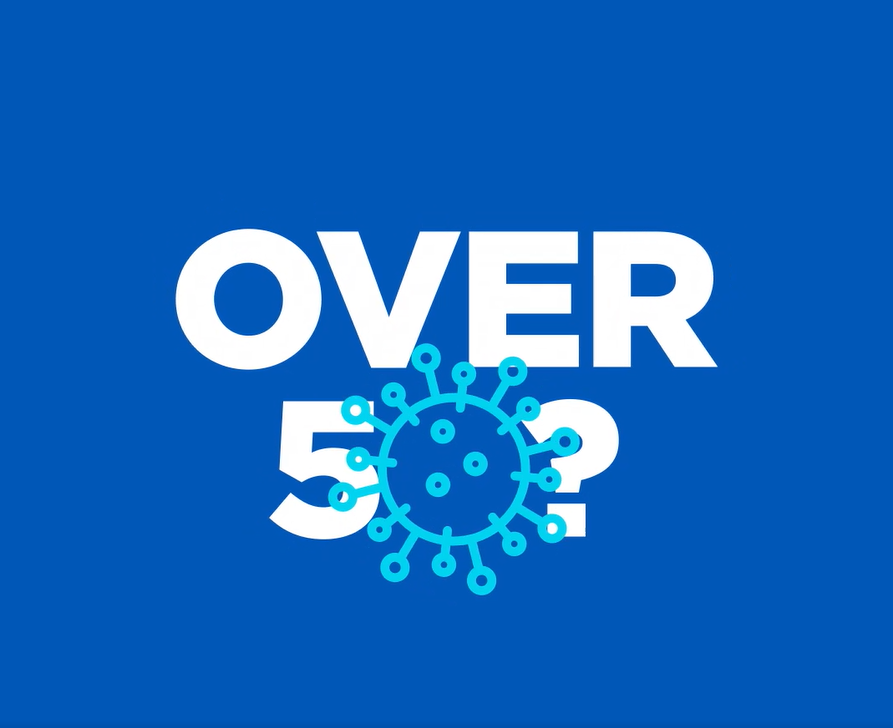
This summer, protect your community and loved ones by encouraging them to get a COVID booster. Getting a booster helps reduce the risk from the worst outcomes of COVID and provides protection from variants that might be more contagious. Share this video on your social media and encourage people to get boosted.
CDC Recommendations for Children and Youth COVID-19 Vaccines

Click HERE to learn about COVID-19 vaccines for young children.
COVID-19 and Immunocompromised Persons
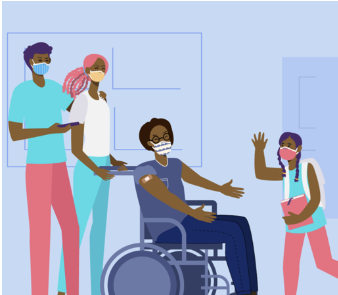
If you or someone you live or spend time with is immunocompromised, it is important to have a COVID-19 plan to protect yourself from infection and prepare for what to do if you get sick. Click HERE to learn more.
Powwow Season is Back
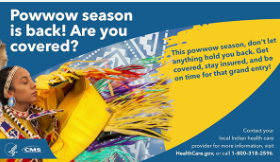
This powwow season don’t let anything hold you back – get covered, stay insured, and be on time for that grand entry! Contact your local Indian health care provider, visit HealthCare.gov, or call 1–800–318–2596 for more information. Click HERE to learn more.
July is National Minority Mental Health Awareness Month
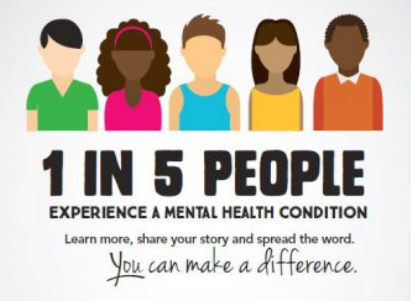
Throughout the month, the HHS Office of Minority Health (OMH) has focused on promoting tools and resources addressing the stigma about mental health among racial and ethnic minority populations, particularly during the COVID-19 pandemic. For more information, click HERE.
New Suicide Prevention Line Number
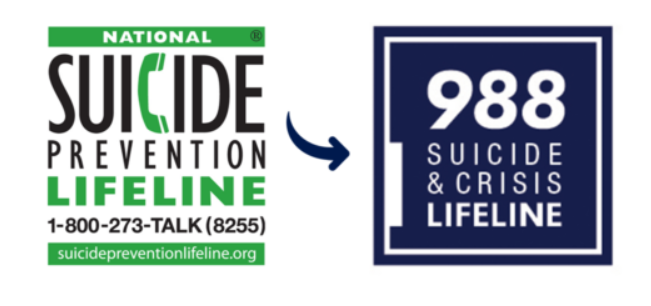
On July 16, 2022, the National Suicide Prevention Lifeline (1-800-273-8255) transitioned to an easy-to-remember, 3-digit number (988).The Substance Abuse and Mental Health Services Administration (SAMHSA) is the lead federal agency in partnership with Federal Communications Commission and the Department of Veterans Affairs, working to make the promise of 988 a reality for America focused on strengthening and expanding the existing Lifeline network, providing life-saving service to all who call, text or chat via 988.
Supporting Resilience for Behavioral Health Professionals
The Behavioral Health Professional Workforce Resilience ECHO program, in partnership with the Health Resources and Services Administration's behavioral health program, gives overworked and overburdened professionals resources and connects them with a community facing the same challenges. Using the ECHO Model, program participants gain essential skills for dealing with stress and anxiety, such as self-care and wellness best practices. The goal is to help participants develop a sense of resilience to decrease burnout and mental health risks. As a result, the more resilient workforce can sustainably provide essential services to patients in their local communities. Click HERE to learn more.